“Law is not for women, much less for black women,” father Jane Bolin shook his head when he heard that his daughter had passed law school, becoming the first black female student in Yale history.
But he didn’t know that his daughter’s life would make more “firsts” than that.
Jane Matilda Bolin was born on April 11, 1908 in Poughkeepsie, New York, inheriting a love for the law, and a penchant for “firsts”. His white mother soon died, Bolin lived fully in the love of his father, lawyer Gaius C. Bolin – the first black man to graduate from Williams Academy with a notoriously harsh and picky admissions rate.
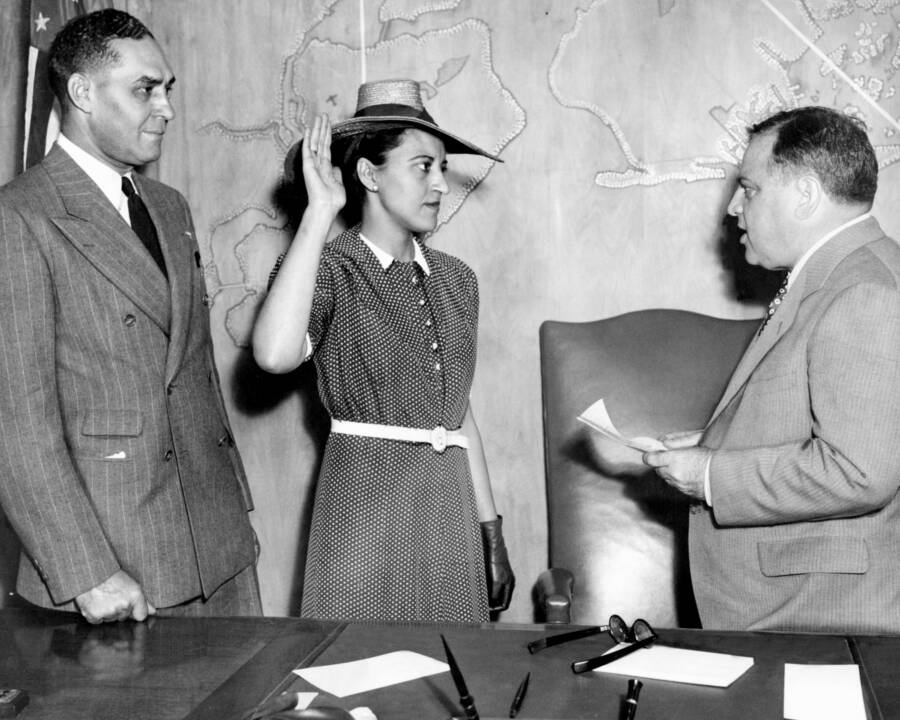
Jane Bolin and her father, attorney Gaius C. Bolin. Photo: New York Public Library
As a biracial child in a predominantly white town, Bolin was acutely aware of a harsh world. She was haunted by stares from neighbors and was sometimes denied service at local businesses.
Local discrimination became more widespread as Bolin began thinking about going to college. At age 16, Jane Bolin enrolled in Wellesley Academy, an elite school for women, class of 1924. She was one of two black female students, but after being ostracized and feeling beyond endurance, both transferred schools.
Bolin writes: “My college days largely evoke memories of sadness and loneliness. These experiences perhaps explain my lifelong interest in social issues, poverty and discrimination.” Racism is rampant.”
Jane Bolin also faced obstacles when sharing her career goals with a guidance counselor. He warned Bolin to stay away from the law, because women have few opportunities and black women even less. Her father echoed these concerns.
“At first he was very opposed to this idea. He was also a lawyer, but he did not encourage me to pursue law, saying that every day I had to witness “the most brutal types of human behavior”, and women did not deserve to be heard bad things. He advised me to be a teacher, “said Bolin.
Undaunted, Bolin graduated in 1928 at the top of his class and enrolled at Yale Law School. She was the only black woman there, and one of the few black students on campus, “lone pepper in a sea of salt”.
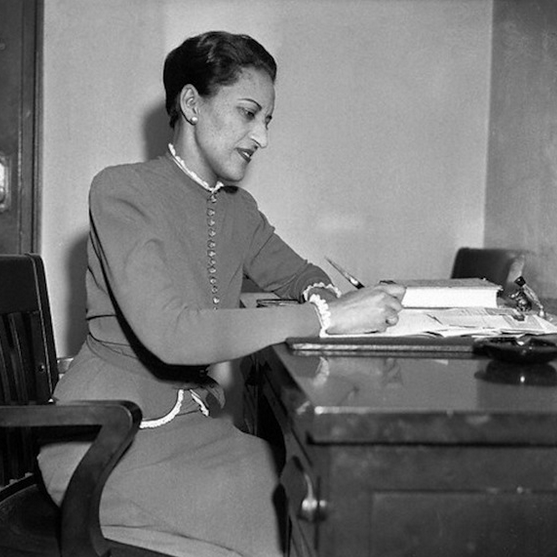
In law school, Bolin faced discrimination from his classmates. After having her classroom door slammed in her face by Southern students, she still persevered in her studies. In 1931, Bolin became the first black woman to earn a law degree from Yale.
That was a remarkable feat for anyone – especially a black woman in the 1930s. But Bolin was constantly rejected when looking for work. “I was rejected because I was a woman. I received a very, very cold reception, and was dismissed quite quickly,” she said.
But Bolin insists she has never been the type of woman to give up. With no one recruiting her, she built her own office with her husband.
After five years of work, Bolin landed a position at the general counsel’s office in New York City. She was assigned to work at the Domestic Relations Court, which regularly handles many cases related to racial discrimination.
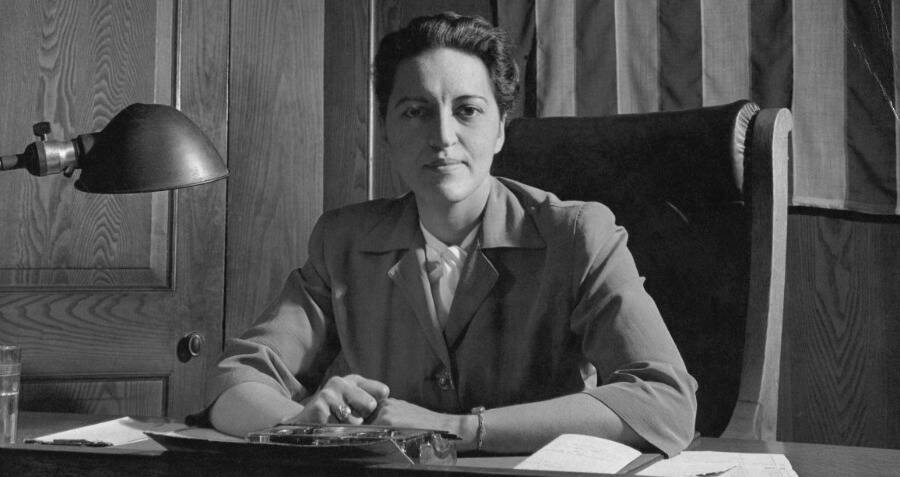
Two years later, on July 22, 1939, Bolin received a strange phone call. Mayor Fiorello LaGuardia wanted her to meet him at the World’s Fair. “I was so nervous,” Bolin recalls, thinking she was going to be reprimanded for something.
Bolin went to the World’s Fair with her husband. When the mayor arrived, he talked with Bolin’s husband for a moment and then turned to her and said, “I’m going to make you a judge. Raise your right hand.”
“I was shocked,” Bolin said. “I did what he told me. I raised my right hand”. Along with that, Jane Bolin became the first black woman judge in American history, at just 31 years old.
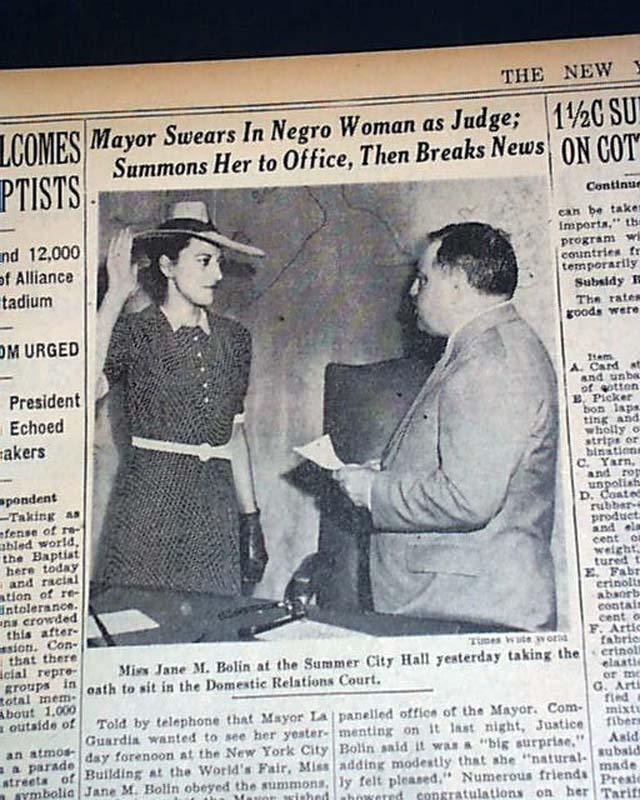
Jane Bolin sworn in before New York Mayor LaGuardia as the first black female judge in America, July 22, 1939. Photo: New York Daily News
Her father was not pleased. “Judges have too much stress in their lives. They die early of heart attacks,” he warned. But that didn’t stop Bolin.
Bolin took over the Domestic Relations Disputes Court, later renamed the Family Court. As a judge, Bolin has tried domestic abuse, underage murder, and a succession of other cases involving abandoned children. Bolin did not wear the chair’s judicial robes because she wanted the children in court to feel comfortable talking to her.
Bolin worked hard to break the law of apartheid. Thanks to her rulings, publicly funded child care agencies could no longer turn away black children. Bolin also prevents courts from assigning probation officers based on race.
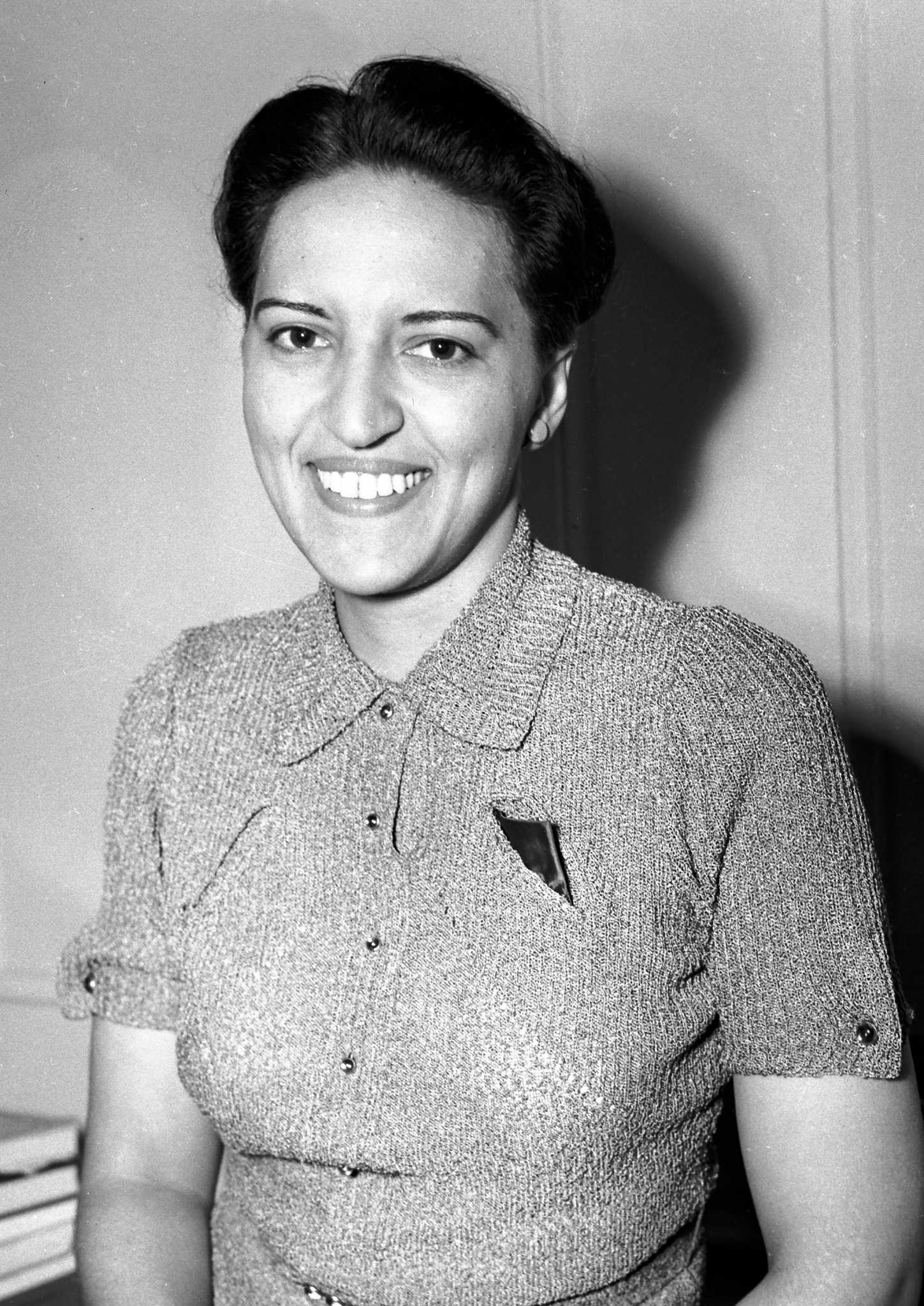
Outside the courtroom, Bolin is also an outspoken civil rights advocate. In 1944, the city of Poughkeepsie, New York considered Bolin a local hero. But she flatly denied it, pointing out the harsh history of racial discrimination that existed in this city. “Poughkeepsie has deluded itself into believing that people are superior simply because of skin color, race or religion,” she criticized.
For the next 20 years, Jane Bolin remained the only black woman judge in America. “Everybody else makes a fuss about it, but I don’t think anything of it. I don’t care about first, second or last. My primary concern, is the administration of justice” .
But Bolin was well aware of the difficulties faced by her contemporaries. In 1958, she said: “We sometimes face intolerable humiliations.”
Bolin spent 40 years on the bench and received the appointment from four different generations of mayors. Contrary to her father’s warnings about the judges’ premature death, she died in 2007 at the age of 98.
Source: vnexpress.net










